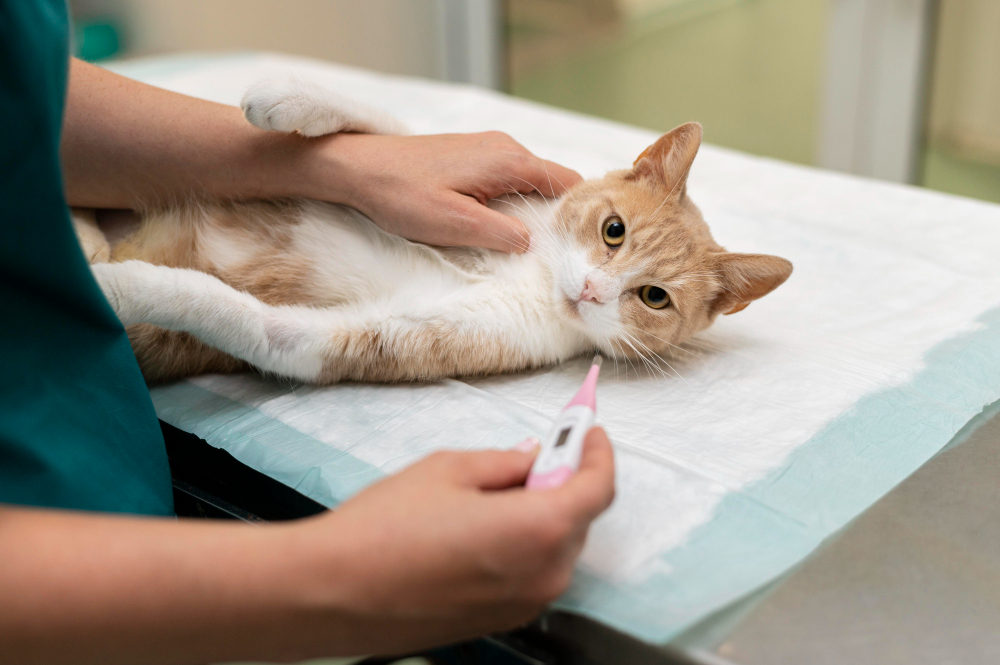Keeping your pets’ teeth healthy is necessary to ensure their long-term wellbeing. Ensuring suitable oral hygiene from a young age (as soon as they get adult teeth) is crucial for combating dental illnesses and other serious ailments linked to the same, including heart diseases.
Why Pet Dental Care is Essential
From dental health supplements for dogs and cats to a regular grooming regime, you should take all necessary measures to keep your pets’ teeth healthy. Why is suitable dental care non-negotiable? This is because dental ailments are some of the most significant health issues for dogs and cats. Reportedly, 3 out of 4 dogs over three years of age suffer from these conditions, the most common ones affecting dogs in the United Kingdom. Dogs may also be more vulnerable to gum disease than dental cavities or decay. You should learn to identify the warning signs indicating your pet is at risk.
How to Identify Risk Symptoms
Gum or periodontal disease may affect your pet if you are not careful. You should first ensure that your pet is comfortable with you inspecting their mouth. It should have pink gums without any redness, indicating inflammation, while the teeth should be off-white, without major tartar build-up. With pets usually concealing pain in most scenarios, these are some of the other signs that you can watch out for:
Persistent bad breath
Chewing on a single side of the mouth
Issues while eating or dropping food during meals
Not playing as often with preferred toys
Avoiding touches on the head or snout
Nasal discharge or sneezing
Weight loss
Bloody saliva
Lumps in the mouth or beneath the eye
Not as enthusiastic and distant
Receding gums
Now that you know about these risk indicators, you should implement strategic prevention measures to improve your pet’s dental health.
Preventing Dental Disease – Tips that You Can Use
Here are a few tips that you can use to keep dental diseases at bay:
Brush your pet’s teeth regularly at home: You should build a routine for oral hygiene from an early age. This will help your pet tolerate tooth-brushing each day and enjoy the same. Consult your veterinarian on the best possible techniques for brushing.
Ensure regular oral health examinations: Take your pet for a half-yearly check-up to the veterinarian, inspecting their teeth for inflamed gums and tartar build-up. The veterinarian will also recommend suitable treatments to nip these issues in the bud if required.
Dental chews may be a handy option: Feeding your pet dental chews may also be handy in keeping gum disease at bay. Some of them can help lower tartar and lead to improved tooth health. Dogs usually love chewing, and you can give them safe toys that can improve their teeth and gums in the long run.
Dry and dental food items may also be useful: Your pet’s home-care routine should include daily tooth brushing, dental chews, and regular veterinary inspections or check-ups. This will ensure that your pet will maintain oral hygiene without any issues. Feeding your pet dry and dental food recommended by the veterinarian will also be helpful for better oral health. It may work better for those who are suffering from dental disease and require suitable food that helps lower the build-up of plaque and tartar.
Conclusion
You should also consult your veterinarian about the best dental health supplements for dogs and cats, which may help them reduce the risks of serious diseases. The tips mentioned above are necessary to keep your pet’s teeth healthy and free from key issues.






